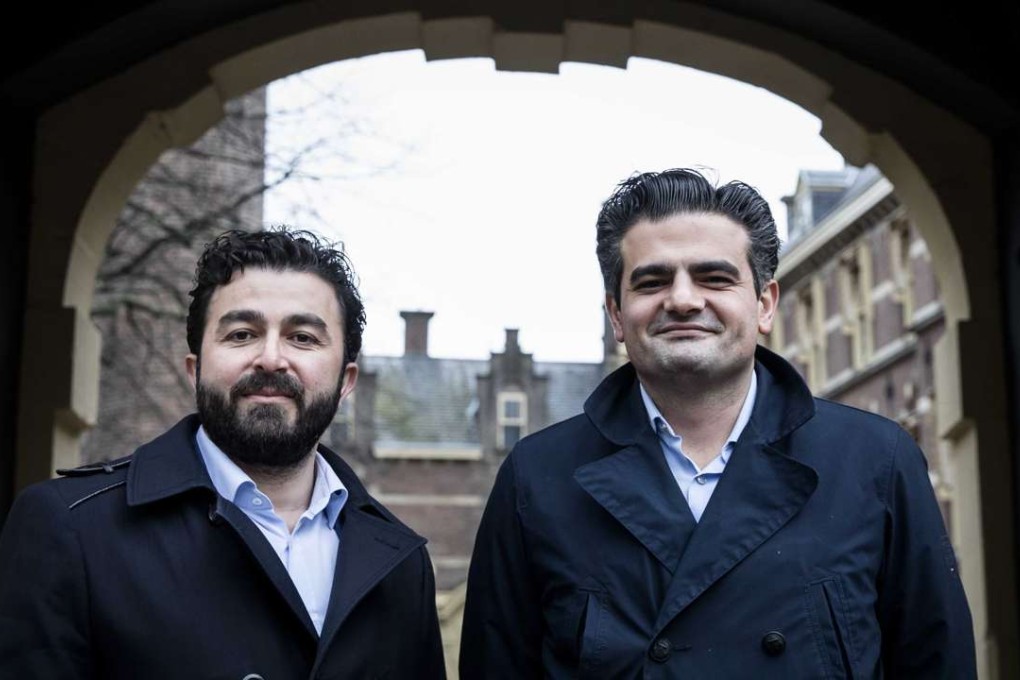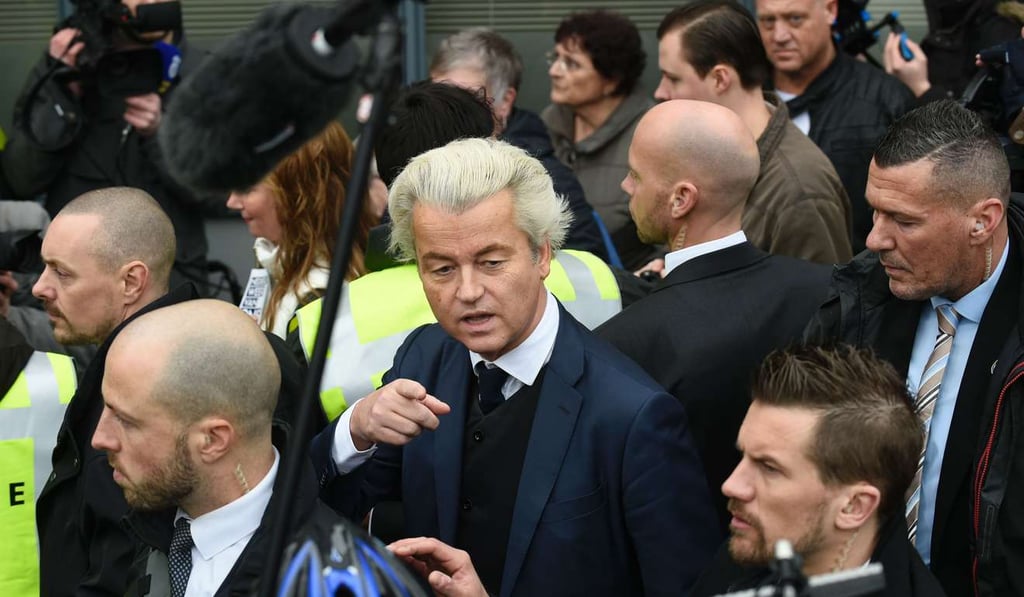Dutch immigrants’ party challenges the far-right, but critics see similar shock tactics

With anti-Islam Dutch MP Geert Wilders topping the polls ahead of next month’s elections, one small group is hoping to buck the trend: the country’s first party led by immigrants.
Denk, or “think” in Dutch, wants to fight what it calls “institutional racism” by setting up a national register of racist phrases and expressions; replacing the idea of “integration” with “acceptance” and calling for an official apology for the country’s past links to the slave trade.
Launched in 2015 by two MPs who were thrown out of the Labour party amid a row over its immigration policies, it has positioned itself ahead of the March 15 vote as the only true response to the anti-immigration, anti-Islam stand of Wilders and his far-right Freedom Party (PVV).

Critics say it employs some of the same bulldozer tactics as Wilders, and accuse it of cosying up to Turkey and its controversial President Recep Tayipp Erdogan, and seeking to divide the country which has gained a reputation for tolerance. But the accusations are dismissed by a leading party member Farid Azarkan, who insisted Denk wants to be “the party of all Dutch people”.
“If Geert Wilders publishes a photoshopped picture of a rival, is that not polarisation? If a Christian party says their God is better than ours, is that not polarisation? If young people are excluded from society because they are Muslims, is that not polarisation?” he asked.